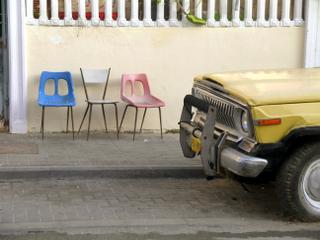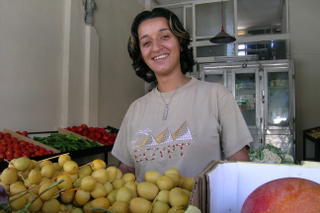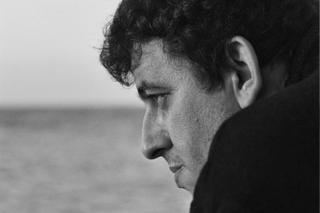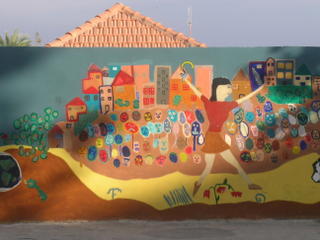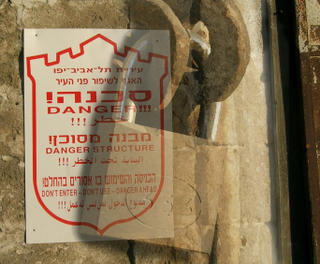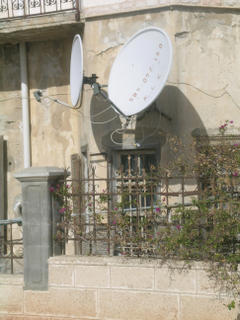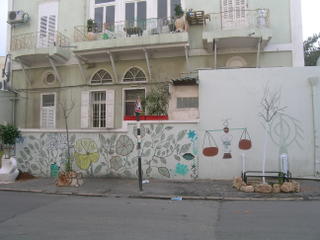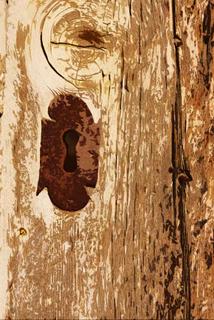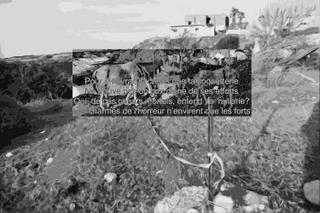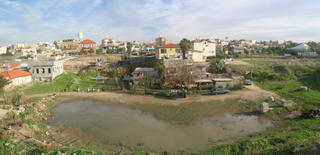Finally something good about the Tel Aviv municipality or was it too early?
Recalling horror stories about the plague, i wondered what one was to do.
Then, last week, i met one of them on my staircase when returning during the evening hours, and another one in the early morning when picking up my newspaper in our small yard downstairs. Then another and another and a few more.
Obviously a problem. Rats, fleas on rats, disease, remembering pictures in my history books on the Middle Ages in Europe. Rats, cat-sized and very present.
So i sent a mail to the municipal services, not expecting much of it, as my other mails to them have never led to anything beyond the "we received your appeal and are considering it carefully" and the like.
Once i even received an answer about 4 months after having sent a mail concerning the broken paving and stairs at the end of my street. They answered me they are aware of the situation but as it would cost more then XXXX NIS, it will take time to raise the money. Repairs have not yet been carried out, 2 years after. And the children still play on the broken playground constructions endangering themselves.
Yet, to my great surprise, the very next day someone came over from the municipality and spread some rat poison in our yard, and even put up a notice to keep pets and small children indoors and be careful not to touch the nasty stuff. I just hope the Jaffa rats are not of the reading type.
But then, some days after, the truth came out.
My previous impression of the munipal services record was indeed too good to be true:
True, the municipal pied piper made it all the way to my home. But reacting on a request sent to them last year....
Their quick visit wasn't that quick after all: simply was an answer to a very old request.....
So much for municipality services in Jaffa.




